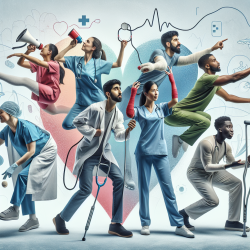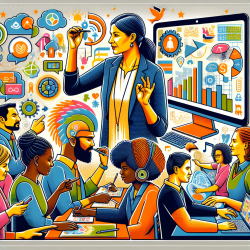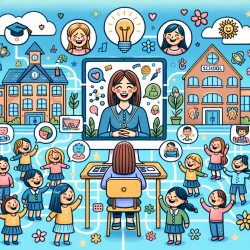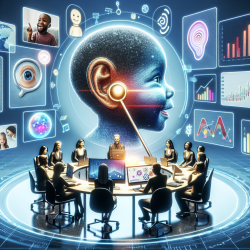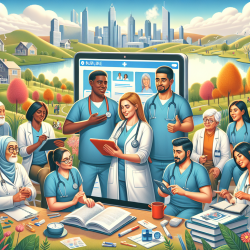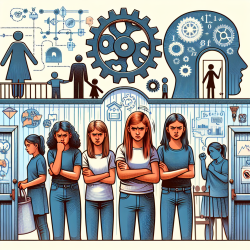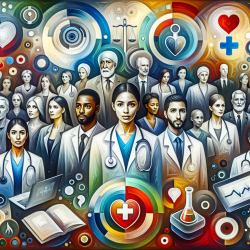In the ever-evolving world of health professions education, the ability to adapt and communicate effectively is paramount. As educators and practitioners, we constantly seek innovative ways to enhance these skills in our learners. One such method gaining traction is applied improvisation (AI), a technique that borrows principles from improvisational theater to teach critical skills like communication, teamwork, and empathy.
The Power of Applied Improvisation
Applied improvisation is not just about being spontaneous; it's about harnessing the principles of improv theater to foster essential skills in clinical practice. The recent research article titled "Using Nominal Group Technique to Determine Skills that Applied Improvisation Can Teach Health Profession Education Learners" sheds light on how AI can be effectively integrated into health profession curricula.
Key Skills Identified
The study utilized a modified nominal group technique (NGT) to identify and prioritize skills that can be taught through AI. The process involved silent idea generation, round-robin discussions, preliminary voting rounds, and a final ranking survey. This rigorous approach led to the identification of 11 essential skills for an AI curriculum:
- Adaptability: The ability to adjust quickly to new conditions.
- Affirmation of Others: Validating and encouraging others.
- Acceptance: Embracing ideas and circumstances as they are.
- Active Listening: Engaging fully with what others are saying.
- Being Present: Focusing on the current moment without distraction.
- Cooperation: Working effectively with others toward a common goal.
- Collaboration with Others: Co-creating solutions and ideas with team members.
- Advancement: Moving forward with clear communication and purpose.
- Compassionate Communication: Conveying messages with empathy and understanding.
- Sharpened Non-Verbal Communication: Enhancing awareness of body language and cues.
- Resilience: Bouncing back from challenges with strength and determination.
The Benefits of Implementing AI in Education
The integration of AI into health profession education offers numerous benefits. It provides a dynamic and engaging way to teach skills that are often challenging to convey through traditional methods. By focusing on adaptability, attunement, collaboration, affirmation, and advancement, AI helps learners become more effective communicators and team players.
This approach also aligns with competencies required by health professions accreditation bodies. For instance, active listening and empathy are crucial components of interpersonal and communication skills. By incorporating AI into curricula, educators can create targeted learning objectives that refine these competencies.
A Call for Further Research
The study's findings highlight the potential of AI as a transformative educational tool. However, further research is needed to explore its full impact across different contexts within health professions education. Future studies could expand on this work by using larger sample sizes or exploring additional disciplines within healthcare.
If you're an educator or practitioner interested in enhancing your curriculum with AI techniques or simply want to learn more about this innovative approach, consider diving deeper into the research. The insights gained could revolutionize how we teach essential skills in healthcare settings.
